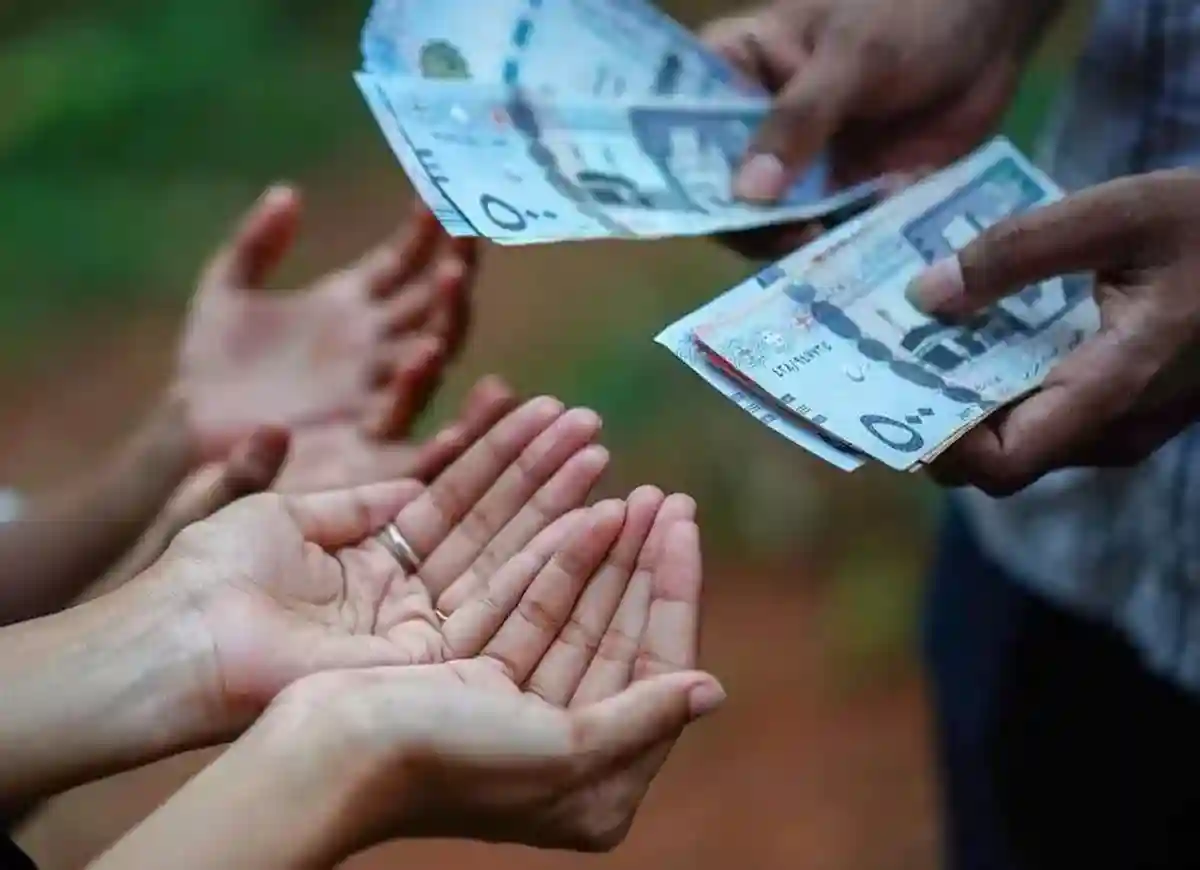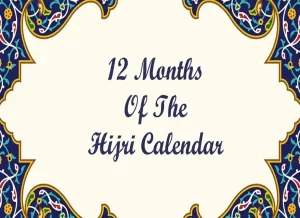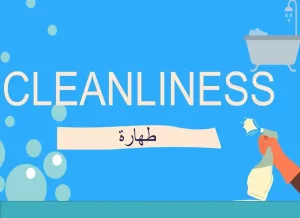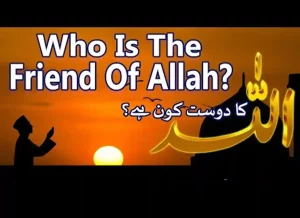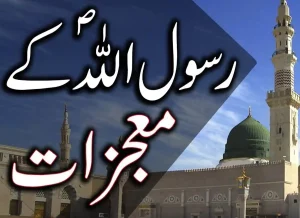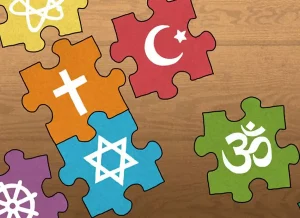Both philanthropy and Zakat are forms of giving that aim to help others and improve society. However, there are some key differences between the two:
Philanthropy
- Definition: The act of donating money, time, or resources to charitable causes.
- Motivation: Can be based on a variety of factors, such as religious beliefs, personal values, a desire to help others, or a strategic aim to improve society.
- Obligation: Voluntary.
- Amount: Varies depending on the individual or organization.
- Recipients: Can be any individual or organization in need, regardless of religion or background.
Zakat
- Definition: An obligatory annual payment made by Muslims as an act of worship.
- Motivation: Fulfilling a religious obligation and purifying one’s wealth.
- Obligation: Mandatory for all Muslims who meet certain wealth criteria.
- Amount: Fixed at 2.5% of one’s wealth above a certain threshold.
- Recipients: Specifically designated categories of people in need, as outlined in Islamic scripture.
Here is a table summarizing the key differences:
| Feature | Philanthropy | Zakat |
|---|---|---|
| Definition | Act of donating | Obligatory annual payment |
| Motivation | Varies | Religious obligation |
| Obligation | Voluntary | Mandatory |
| Amount | Varies | 2.5% of wealth above threshold |
| Recipients | Anyone in need | Designated categories in need |
- Everyone should be able to receive this spring
- Consequences of not paying Zakat
- 3 Response 3 to global economic injustice of zakat is invested
- Charity is most effective when done voluntarily
- Philanthropy among the religious is never in any way discriminatory
Oliver Goldsmith, the Irish poet, once stated: “Where wealth accumulates, people deteriorate.” Philanthropy goes beyond the gift of money. The definition of its dictionary is the love for humanity expressed through generosity and kindness to the human race.
Zakat represents the third pillar of Islam. It is difficult to translate it or determine its exact meaning in English. In Arabic, the word originates from the root “z-k-a.” The verb zakka means “to purify” and “to create something that grows and grows.”
Zakat is also known in the context of “almsgiving.” This translation isn’t true if you consider the reason behind this pillar. There is a difference between almsgiving-Sadaqa and Zakat. Sadaqa is a free service handed out from one person to the next.
The Holy Prophet (on whom peace be) is adamant that everyone should give sadaqah, also referred to as Khairat. A smile, a word of love, or even one-half of a date could be considered sadaqa.
Whatever the language-differentiated for legal motives, the intention is to relieve the suffering of humanity. For instance, Caliph ‘Umar was sitting watching his children play after the caliph delivered food to a low-income family.
But how wonderful and reminiscent of this Western Social Security system that offers a sense of financial security, even if it is not there in the case of those who are similar to zakat recipients: sick, disabled, jobless divorcee, disaster victim of a natural disaster, etc. Isn’t this a relapse in that Qur’anic miskeen and the fuqara-the poor and in need?
Alms are intended for the less fortunate and needy and for those who distribute the (funds) to those whose hearts have been (recently) at peace (to the Truth) and those who are bound and in debt, for those who are in debt to Allah and also for those who travel: (thus is it) that Allah has ordained Allah to Allah. Allah is abounding in knowledge and wisdom. (9:60)
Everyone should take advantage of this spring.
Have you considered how intertwined the concept of charity is in our lives? Emails asking for orphans in the aftermath of a catastrophe; cash needed to fund the election of a new councillor and help needed to build an additional mosque or school; the walk to raise money for homeless people as well as chocolate sales to help support the construction for a particular school thinking about an unlucky relative from home and wishing our fitra and Zakat counted during the Ramadan fundraising for homeless in our community. It’s like the swirling waters of an incredibly deep brook. It reaches out to different soils of need and accentuates the various human roots while it swoops through the vast sea of Allah’s mercy gathered in the afterlife.
The story of those who put their money in the direction of Allah is the one of a corn kernel that develops seven ears, and each ear is 100 grains. Allah provides a vast increase to those He chooses. Allah is a loving God, and He is the only one who knows everything. (2:261)
Zakat will be the right way to help people experiencing poverty. Selfishly, leaving it in your bank account to grow will cause self-disgust and depression.
Their assets and wealth (were considered) the rights of the (needy) person who inquired and the one who (for reasons) was unable (to make a request). (51:19)
Cleansing our souls of selfishness and checking our morality is what zakat giving every year accomplishes. Spending some of it over the year on worthy projects is best.
Tax deductibles are a return gift and do not take away our rewards. If you decide to donate that money, this unrestricted generosity could be a sign of genuine Companion-style giving. They gave until they were hurt. However, they did not suffer any injury.
Let the person of means spend according to what he means, and those with limited resources can invest according to the amount Allah has granted him. Allah will not impose any responsibility on anyone beyond what He has provided. In the event of a crisis, Allah will soon grant relief. (65:7)
The consequences of not paying zakat
Someone who has money but doesn’t pay zakat for it is considered to be a sinner in the eyes of Allah and is liable to be punished severely upon the day of Judgment. According to the hadith, “The person who owns silver and gold, and does not offer zakat in exchange for it Then on the day of Judgment the fire slabs will be prepared for the person.
The flames of Hell will melt the slabs, and the sides, forehead, and back are stamped with the slabs. If the slabs are cool and scalding, they will be heated again, and the procedure will repeat.” Additionally,
“The person who has been granted wealth by Allah and doesn’t give zakat to it Then on the day of Judgment the money will be transformed into a massive poisonous snake, which will be encircling his neck. The snake will then split his mouth and say to him, “I am your wealth, and I am your treasure.’ “
We seek refuge with Allah. We must not be afraid of man and ensure that our dues and taxes are not repaid, and we must never forget God for the small acts of kindness He has shown towards His creation!
The solution to the global economic injustice of zakat is invested.
I have observed foundations doing the zakat distributions for competent organizations doing important and effective community service. We must not just distribute handouts but also ensure that there’s a reliable method to boost our economy.
The efforts to end poverty could be too ambitious; however, their work is worthy of imitation. One such movement is at www.makepovertyhistory.ca.
The reasoning behind this is based on multiple aspects. Islam regards the property of wealthy people as not exclusively theirs. If they do not pay for the rights of people with low incomes, zakat is considered to be a transgressor. Zakat can also be a year-long reminder that the money we earn and what we own is not ours. Zakat is a gift from God.
The reward is that the whole economic system is based on it, balancing the haves and the have-nots with the tiniest awareness of each other’s rights and characteristics, like the beasts who consume everything under the guise of globalization or the selfish who limit us to food stamps as a result of anti-capitalism.
Allah has degraded usury and made almsgiving profitable. (2:276)
Sadaqa is for all. It is a great way to help people during Ramadan. For instance, Muslims may send Ramadan hampers to local food banks. No religion can cause hunger.
Zakat was originally a tax on goods, and the money was used to help those in need (though the funds could also be used for other ends like robbing captives of conflict). However, the word is now used more frequently for giving alms. Are we conscious of our local needs before sending massive sums of money to our favourite distant destinations?
Based on the data from the 2000 Canadian Census, there are 320,000 registered Muslims in Ontario, and 100,000 reside in conditions considered to be under the poverty threshold.
Suppose the 60,000 Muslims are able in a position to contribute to zakat. In that case, there is an abundance of poor members of the community who are eligible for the zakat.
If the zakat and its charitable obligation are exclusive to Islam, Then we need to make it distinct from the world of today.
Like many other sister organizations, United Way is most prominent when we empty our pockets with images of desperate people, whether it’s through corporate raising funds or media excitement. The United Way organization is blessed to assist with a range of issues faced by our prosperous world. How do we know that our collections have to deal with the mess of moving papers and red boxes? Be professional but honest, and Allah will bring it about.
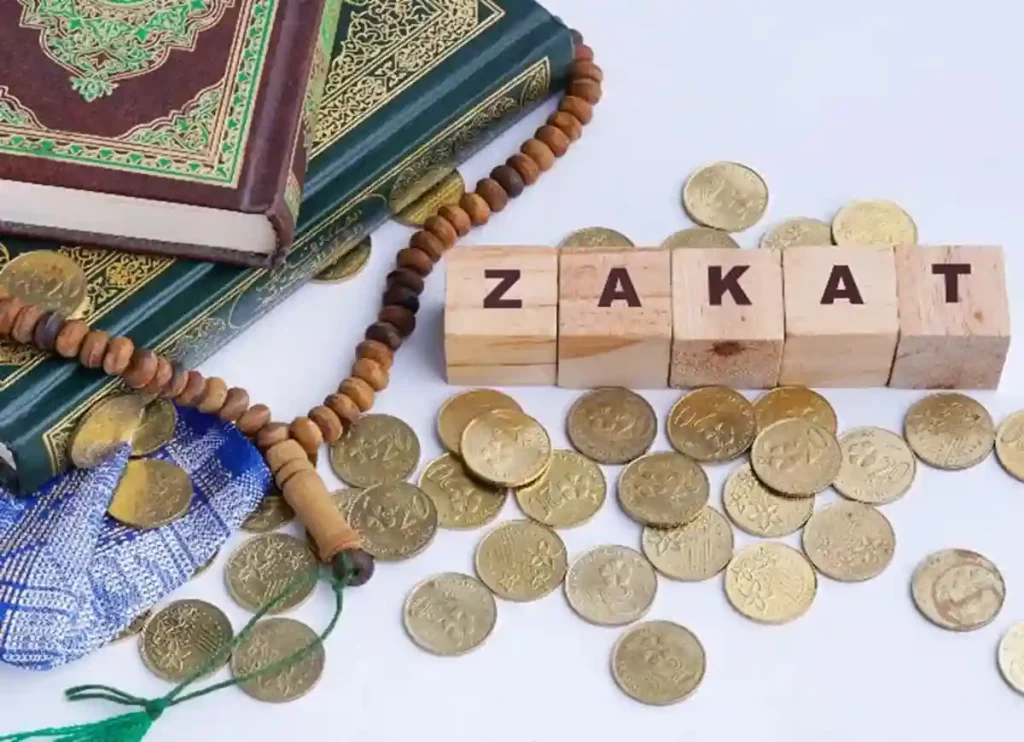
The best charity is when it is given by a person who is willing to do so
Historically, Islamic States would have organized their distribution and collection in the past. Still, today, in the absence of ideal conditions (and not allowing some bogus organizations to send their administrative costs to the sky, ignoring people experiencing poverty), We should rethink our efforts to ensure that zakat represents the real symbol of philanthropy that is voluntary.
Speak: “My Lord hath commanded justice. You must commit your entire self (to God) at all times and prayer spots and sincerely call on Him in His eyes. The way He created you from the beginning, so will you return.” (7:29)
It’s almost impossible for anyone, from the filthy rich to the average person, to pay zakat according to the required manner and also for it to be distributed to those who are entitled. In the meantime, a growing amount of Muslims are falling into the poverty trap every day.
Professor of Economics Timur Kuran takes full advantage of our reversal approach to Islam. In the book Islam and Mammon: The Economic Challenges that Arise from Islamism ” (2004), the system has a million beneficiaries, that is, around 10 per cent of Pakistanis living below the poverty threshold.
A report from the government notes in this regard that during the eight years, it has been in implementation, the zakat system administered by the state of Pakistan system has had no visible impact on the level of inequality.
There hasn’t been a significant decline, the report states, in the number of people in need, and there is no tangible reduction of the burden of poverty. Given the present circumstances, there is a decline in faith in the system and the notion that Islam provides a more sustainable economic system.
The charitable giving of the pious is not in any way discriminatory.
The Caliph ‘Umar, when he saw an elderly Jew beggar, took him to his residence. He gave him money and instructed the treasury official that people who can not make a living be given stipends through the public Treasury; after observing certain non-Muslim lepers while on his way back from a trip, the officer issued an order to provide them with support from state funds.
In a letter to Adi Ibn Artah, “‘Umar Ibn ‘Abd al- ‘Aziz wrote: “Be kind toward dhimmis (free non-Muslims who are subjects to the Islamic State). If you notice any are old or need help to lessen the burden, provide maintenance for them.”
Therefore, keep your obligations to Allah and adore Him whenever you can. Listen to Him and obey. Then, invest in charity, as it will be better for your self-esteem. Whoever is freed from covetousness and they will be the ones who succeed. (64:16)
Create each side of the coin function and give this coin to someone. The author Julia Alvarez said, “The goal is not to give the kindness back, but to transfer it to others.”
Categories: PRAYER (Salat), ALMS (Zakat), SAWN (Fasting) HAJJ (Pilgrimage) & DUA (Supplications), Hadith and Tafseer, The Holy Quran, Quran Jaz 1- 114
Topics: Ushr and Zakat, Hijab, Arabic Corner, Faith, Islamic History, Biography, Sirat ul Nabi PBUH, Islamic Studies, Halal & Haram
ZAKAT:
- Zakah | Zakat al Mal | Zakat – Learn Islam
- Zakat ul Fitr | Muslim Charity – Learn Islam
- Beneficiaries of Zakat | Islamic Relief Worldwide
- Importance and The Significance of Zakat in Islam
- Zakat Facts | Importance of Zakat | Benefits of Zakat
- Zakat al Fitr: The Obligatory Eid Gift to Be Made Before The End of Ramadan


